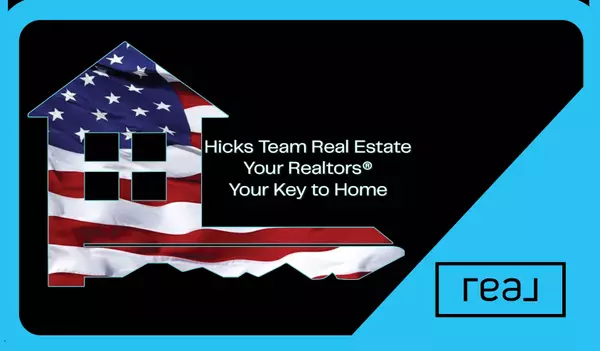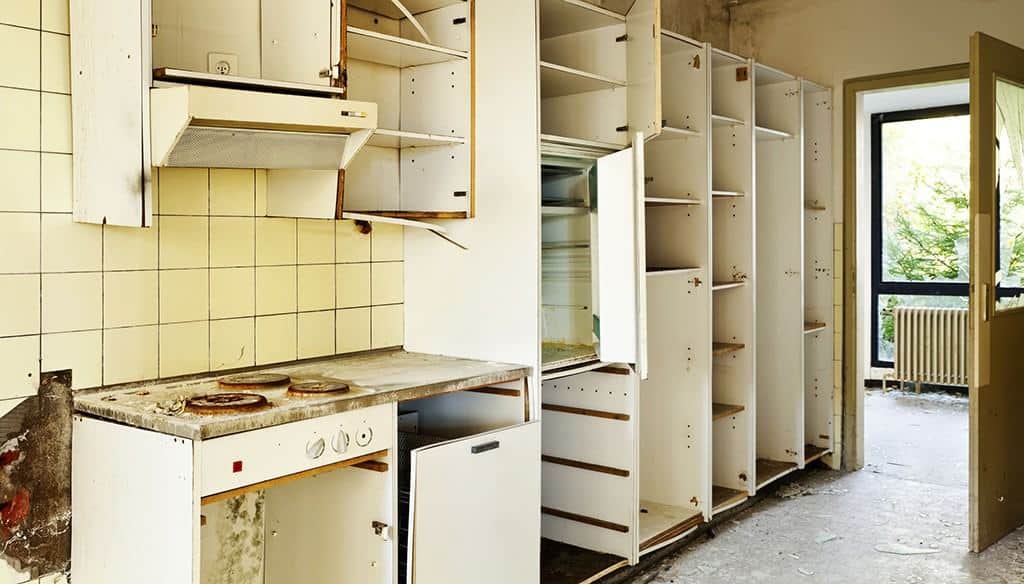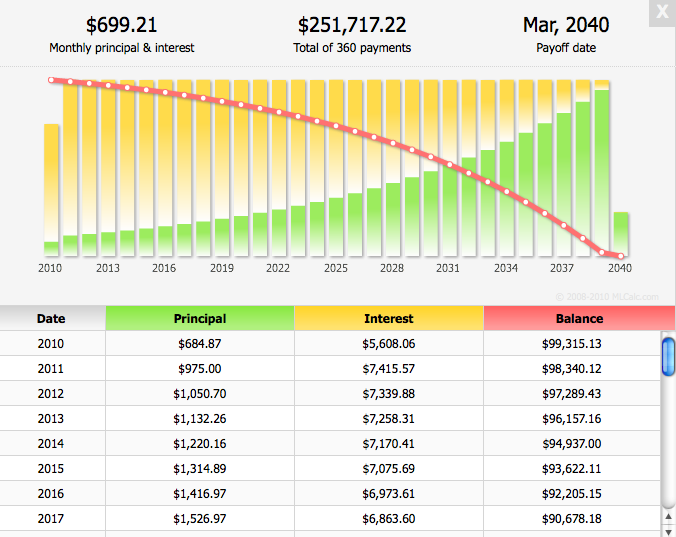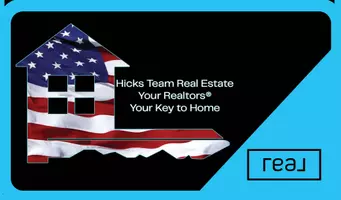Sell then Buy? Buy then Sell?
Sell First, then Buy?
Buy First, then Sell?
Like the classic negotiating problem called the Prisoner’s Dilemma, there are trade-offs when deciding if you should sell your current home before BUYING, OR buy before selling.
If you’re a homeowner wanting to move, you face a classic dilemma. If you make one choice—sell first, then buy—you stand to lose one way. But if you make the other choice—buy first, then sell—you stand to lose another way. Which risk should you take? Here is a short guide to help you weigh the pros and cons of your choices.
The Ideal Situation
Ideally, you would sell your home and move into a new home at the same time. There would be a perfect cross over—you close the sale on your old home, walk the money over to the other office, and close on your purchase.
Except that 90% of the time, it doesn’t work that way. In most cases, the timing is off in one direction or the other. Your house sells before you’ve found a new home. Or you find the new home, but haven’t sold your old house yet.
If you must choose between these two undesirable options (and you do), which way should you go? Let’s look at the pros and cons of choosing between buying and selling first.
Your Choices (and You Do Have Choices)
You are sitting in your living room one day, and you realize how small it is. You hear the road noise outside, and you think it would be nice to be somewhere quieter. You decide it’s time to move to something larger, better situated.
You interview and select the perfect Realtor, let’s call her Debbie (but your Realtor is probably Bob or Tara, or something like that). You do all the things Debbie tells you to do to prepare your home for sale. You are excited when you see the sign go up in your yard. You’re ready for the offers to flow in over the next several days.
You call Debbie and ask if you can go look at new houses. Trying not to be a downer Debbie, she cautions you. She starts to present you with the options:
Option #1: Sell & Close before You Buy
The first thing Debbie says is, Wait until your home sells and closes before making an offer on a new home. Allow about 60 days after closing your old home before you’re able to move into the new home.
But, you say , if we sell first, then where will we live for two months? Where would we put all our stuff? We’d have to stay in a hotel. We’d have to store our stuff. We’d be moving twice! No way. We’re not going to do that!
Option #2: Have Two Mortgages
The next thing Debbie says is, Talk to your lender to see if you can afford two mortgages. Then you can buy one house before you sell the other. They might give you a “bridge loan” covering both mortgages temporarily.
Well, you say, we can barely afford this loan. No way can we qualify for two mortgages, even if we wanted them. We don’t have much equity in this home. Nope. We have to sell before we can buy. What are we going to do!?
Option #3: Sell at Rock-Bottom Price
Ok, says Debbie. How about if you Take your time, find the right home, make an offer, then put your home on the market at a rock bottom price. That way it can close quickly enough for you to close on the purchase of the house you made an offer on. By selling at a rock bottom price, you can get the best offer possible, maybe even cash, if your price is low enough.
Forget that, you say. We need the most money we can get out of this.
Option #4: “Subject to Selling”
Then Debbie suggests: Make an offer on your new home with a special clause written in called “subject to selling another home.” That would mean the sellers of the new home that you want would be happy to wait around while you find a buyer for your home, then close simultaneously.
That sounds great! You say.
But then Debbie puts you in the seller’s shoes. She asks you if you would accept an offer with a “subject to selling another home” clause written into it. She asks, what if the buyer takes six months to sell his home? Or what if the buyer gets less money than expected for his home and has to back out of buying your home?
Debbie points out that if a buyer makes an offer on your house subject to the sale of his house, you are shouldering his risk.
Once you accept his offer, you take your house off the market. Now you must wait for him to get an offer on his house. You wait. And wait. A couple of weeks later he gets an offer. Hallelujah. So you wait a while longer, sure that it’s just a short time now until he closes and can close on your house. But then something goes awry with his buyer’s financing and the purchase falls apart. You’ve wasted weeks and weeks, perhaps months, waiting for a sale that now must start over from scratch.
That’s silly, you say. We would never accept such an offer.
Debbie wisely says nothing for a moment while crickets sound in the silence. And of course, you realize that if you would not accept such an offer from someone, what are the chances that someone else would accept such an offer from you? Especially in a seller’s market.
Option #5: Counter-Offer with a “Rent-Back” or “Replacement Housing” Clause
Debbie then says she has the best idea yet. Get an offer on your house first. Then counter the buyer’s offer with a “replacement housing” contingency. In this case, you get an acceptable offer, then you ask Debbie to write a counteroffer that says you must find suitable housing before moving, and you’d like the possibility of renting back after closing for 15 (or 30, 45, even 60) days.
The risk is that you lose a buyer who needs to get into a house quickly, but you can always decide that at the last minute, since you only do this option after getting an offer on your house. You could lose the buyer at the counteroffer, but you can reduce that risk by asking Debbie to make a note in your listing that you’d prefer to rent back.
Well, you say. That would mean paying rent on our own house. I wouldn’t like that. Still, it might only be for a short time. And since I can’t get a loan, it might be my only option. Do you have any more ideas?
Option #6: Take Your Chances
Debbie makes her final point. Take your chances and juggle time frames. When you get an offer on your home, your buyer has about 17 days to do inspections and get his loan approved. He can pull out any time in those 17 days on the flimsiest of reasons. You can do the same, so go ahead and make offers all day long. You can always say they didn’t clean their gutters regularly and now the roof will need to be replaced, so you don’t want to buy. NOTE: This is done all the time, but is not, strictly speaking, ethical.
Well, I guess we could do that. Should we do that? But can we still ask the buyer for that replacement housing clause?
Final Word
So where does that leave you? Sell first, then buy…or buy first, then sell?
Here is what you should do:
First or second, speak to your lender. Understand your financial situation and what kind of loan options there are for you. Can you have two mortgages? What can you afford in a new home? Get the facts.
Second or first, speak to us, your Realtors. Understand the market. Are homes selling quickly or slowly in your neighborhood? Would your home in its location and condition sell quickly or slowly at the price you want? What price could you get, and is it worth it to move at that price? What would your ideal replacement home cost? Can you get a new home you like for the price you can afford? Will you get enough out of your sale to make your new home affordable?
Third, make a contingency plan for living in temporary housing. Price out storage and moving trucks. Look around for friends with big basements where you can stay or store goods. Price out extended stay hotels. You probably won’t need this, but it’s good to have the facts.
Fourth, combine options:
· Go out and look at houses in your new price range. Do the leg work now, because once you put your house on the market, you may have to make decisions quickly.
· Put your house on the market and plan to ask the buyer of your house for a rent-back.
· After you get an offer and the buyer accepts your rent-back clause, start making offers. If your buyer backs out during his inspection period, be sure you also back out of your purchase. Otherwise, you might be locked in to buying the new home, but without a buyer for your old home.
Contact us for the facts to help in making your decision.
Recent Posts










